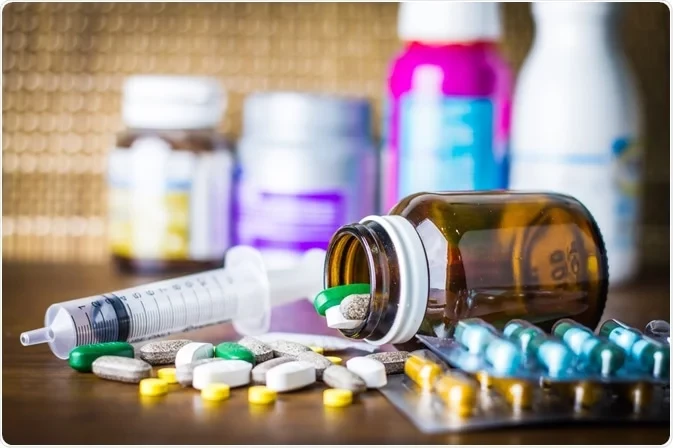
THERE is need for combined efforts among government, civil society and the media to curb drug and substance abuse that is fuelling new HIV infections, especially among the youth, a National Aids Council (NAC) official has said.
Raymond Kuyera, the NAC key population and vulnerable population programmes co-ordinator for Harare province, made the remarks during a media engagement and strengthening workshop facilitated by the Zimbabwe Civil Liberties and Drug Network (ZCLDN) on Wednesday.
“HIV is one of many priorities when dealing with people who use drugs and that it needs to be linked to other issues such as mental health, gender-based violence, rehabilitation, the root causes of drug use and broader public health,” Kuyera said.
“Substance and drug abuse can put users at risk. Most importantly, the efficiency of HIV transmission per injection is almost six times higher than for heterosexual acts.
“Behavioural treatments for drug abuse have a demonstrated impact on HIV risk behaviours and incidence of HIV infection.”
Kuyera said while Zimbabwe has made strides in reducing the HIV prevalence rate to 12%, key populations that include those using injectable drugs are reversing the gains made.
“We have not made much progress as 3% of the Zimbabwe population uses drugs for recreation. In Africa, drug abuse is rife and Zimbabwe is being used as part of a transitional site for illegal drugs trade,” he said.
“Almost 70% of HIV and Aids infections are through low risk sexual practices among other effects.”
- Zim wins bid to host ICASA 2023
- An extraordinary tale of perseverance
- Poverty drives Epworth women into sex work
- NAC urged to tame new HIV infections
Keep Reading
ZCLDN programmes officer Knowledge Mupembe said drug use was being fuelled by economic hardships as well as peer pressure.
“Peer pressure or admiration for other people who use drugs. For sex workers; being better able to work,” he said.
Mupembe, however, noted that challenges experienced by people who use drugs include risk unsafe sex ual practices.
“There is stigma and discrimination by health staff and being admitted in mental health institutions. We need to accept them back into the community,” he said.
ZCLDN executive director Wilson Box said all efforts were needed to achieve “a drug free nation status”.
“... but we need to manage how to treat people who use drugs, which have destroyed many lives, but wrong government policies have affected many more. Our laws are so weak to curb drug and substances use. The issue of drugs and substance is a public health concern,” Box said.
He added: “Our archaic laws have not made any difference and must be revamped as a matter of urgency so that we move with current trends.
“Of course, the Zimbabwe government implemented a Drugs Master Plan that may help reforms for a better nation on the challenges we are facing.”
Reports indicate that there is widespread use of drugs and other illegal substances by the youth.
Authorities at Ingutsheni Psychiatric Hospital in Bulawayo early this week said over 90% of new patients at the institution were drug users.
President Emmerson Mnangagwa has called for stiffer sentences against drug users and peddlers.










